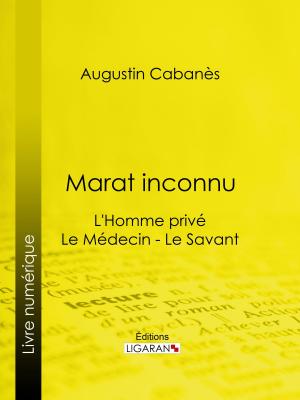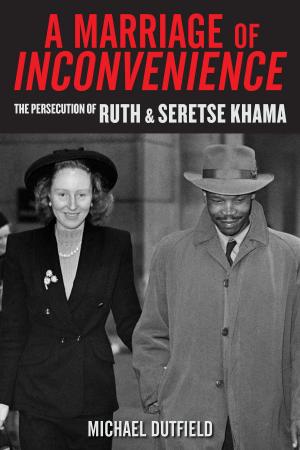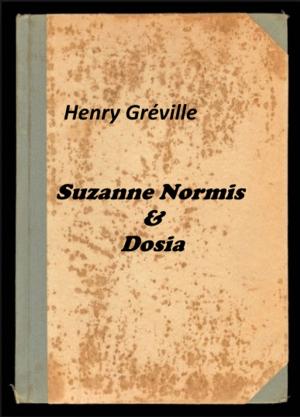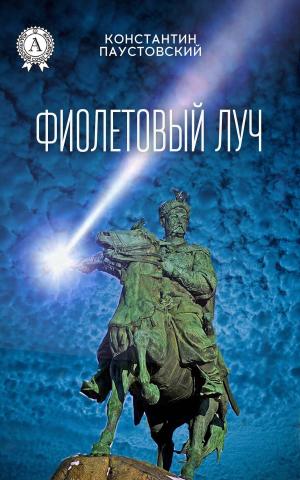| Author: | G. A. Henty | ISBN: | 9788822877345 |
| Publisher: | G. A. Henty | Publication: | December 15, 2016 |
| Imprint: | Language: | English |
| Author: | G. A. Henty |
| ISBN: | 9788822877345 |
| Publisher: | G. A. Henty |
| Publication: | December 15, 2016 |
| Imprint: | |
| Language: | English |
George Alfred Henty, war correspondent and author, was born at Trumpington, near Cambridge, on December 8, 1832. He was educated at Westminster School and Gonville and Caius College, Cambridge. Leaving Cambridge without a degree, he went to the Crimea during the war with Russia and served in the purveyor's department of the army. On being invalided home he was appointed purveyor to the forces, and in 1859 he went to Italy to organize the hospitals of the Italian legion. After his return he held similar home appointments for a time, but he resigned his commission later and engaged in mining operations in Wales and Sardinia. In 1865 he began his career as war correspondent for the Standard newspaper, and in this capacity went through the Austro-Italian, Abyssinian, Franco-German, Ashanti, and Turco-Servian campaigns. He was also in Paris during the Commune, and he accompanied Edward VII when, as Prince of Wales, he visited India. He described two of these campaigns in The March to Magdala (1868) and The March to Coomassie (1874). His death took place on his yacht in Weymouth harbour on November 16, 1902.
George Alfred Henty, war correspondent and author, was born at Trumpington, near Cambridge, on December 8, 1832. He was educated at Westminster School and Gonville and Caius College, Cambridge. Leaving Cambridge without a degree, he went to the Crimea during the war with Russia and served in the purveyor's department of the army. On being invalided home he was appointed purveyor to the forces, and in 1859 he went to Italy to organize the hospitals of the Italian legion. After his return he held similar home appointments for a time, but he resigned his commission later and engaged in mining operations in Wales and Sardinia. In 1865 he began his career as war correspondent for the Standard newspaper, and in this capacity went through the Austro-Italian, Abyssinian, Franco-German, Ashanti, and Turco-Servian campaigns. He was also in Paris during the Commune, and he accompanied Edward VII when, as Prince of Wales, he visited India. He described two of these campaigns in The March to Magdala (1868) and The March to Coomassie (1874). His death took place on his yacht in Weymouth harbour on November 16, 1902.















